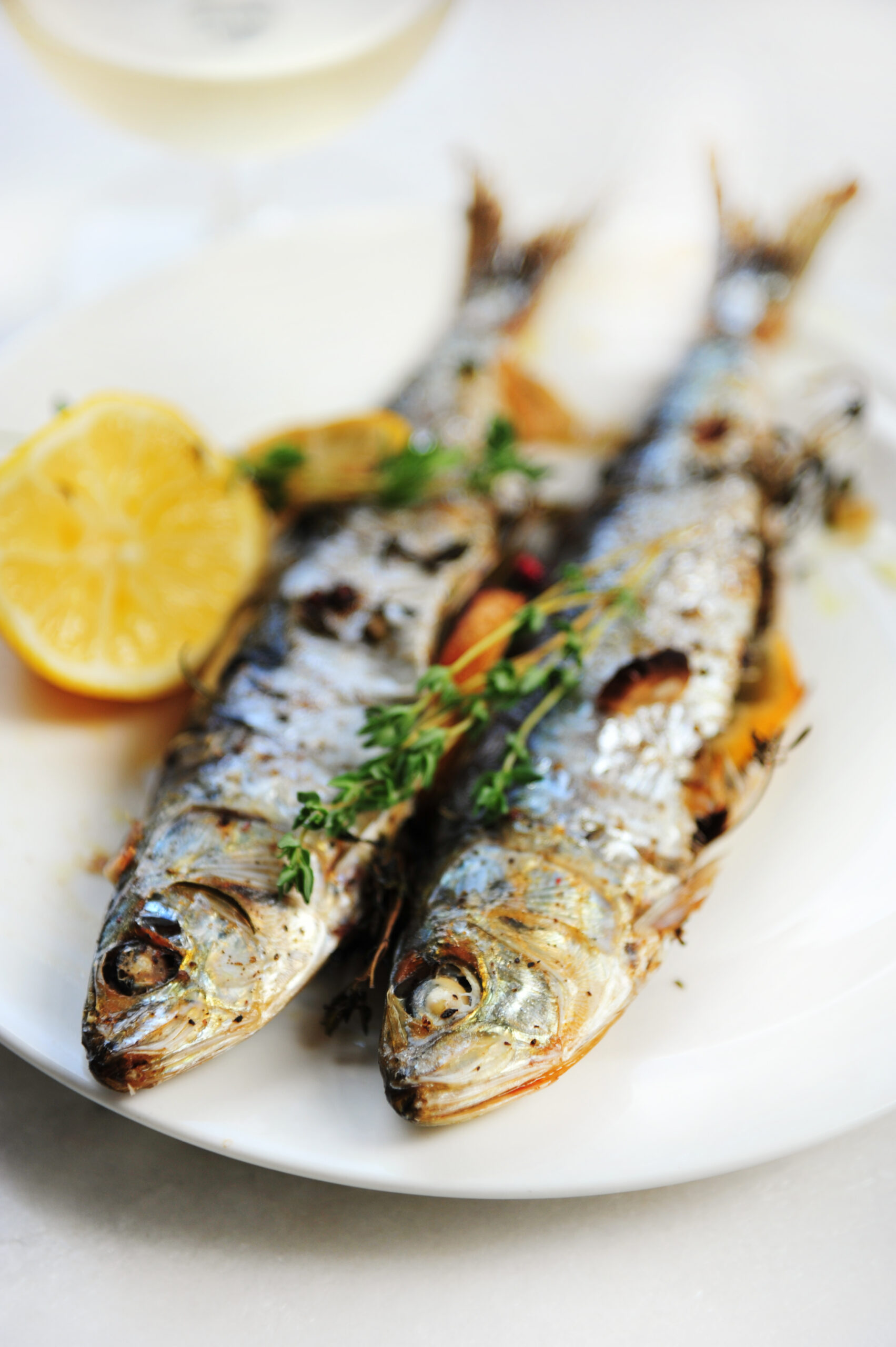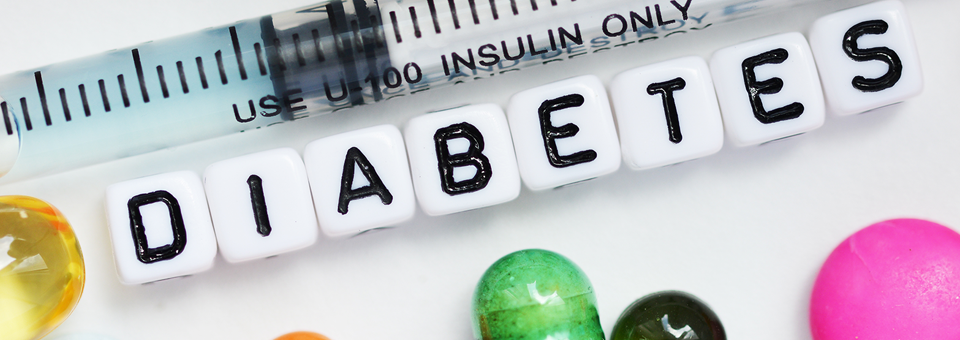My patient G.D. wanted to treat her lifelong depression without Big Pharma’s pills.
So when her doctors in Sweden told her the omega-3s in sardines would help boost her mood, she ate sardines for lunch every day for 15 years.
Brand new research released this year proves these doctors knew what they were talking about more than 30 years ago.1
But another new study found an additional benefit of these tiny fish.
Eating sardines twice a week may prevent type 2 diabetes.2
Researchers at the Open University of Catalonia in Barcelona, Spain followed 152 patients aged 65 and older who had been diagnosed with prediabetes. All had blood glucose levels that ranged between 100-124 mg/dl.
The volunteers were divided into two groups. Half went on a traditional diet to reduce diabetes risk. The other half ate the same diet, but added two cans (200 grams) of sardines in olive oil each week. The participants were advised to eat the sardine whole, without removing the bones, since both are particularly rich in calcium and vitamin D.
In the group that did not eat sardines, almost 30% were at high risk of developing diabetes. After one year of following a standard diabetes-prevention diet, 22% remained at high risk.
In the group that ate the fish, 37% were considered high-risk at the start of the study. But after 12 months, that number plummeted to an amazing 8%.
Following the fishy diet had other health improvements for the patients, as well, including:
- Decreasing insulin resistance
- Boosting good cholesterol
- Lowering blood pressure
This study backs up earlier research. A 2012 animal-based study determined that eating sardines lowered plasma insulin and insulin resistance. The animals also had significantly decreased plasma glucose and A1c levels that measure long term blood sugar.
Sardines are an abundant source of
DHA and EPA. These omega-3 fatty acids increase levels of adiponectin, a hormone that helps break down glucose.And the DHA in sardines is also a powerful anti-inflammatory. Almost 20 years ago, in my book The Doctor’s Heart Cure, I revealed that chronic inflammation is the root cause of most “diseases of aging,” including diabetes.
As type 2 diabetes starts to develop, the body becomes less sensitive to insulin and the resulting insulin resistance also leads to inflammation. It’s a vicious circle, with more inflammation causing more insulin resistance – which results in more inflammation.
A recent study out of Tufts University showed that DHA is vital in suppressing three pro-inflammatory proteins that cause chronic inflammation. And EPA helped improve the balance between pro- and anti-inflammatory proteins.3
In addition to being rich in healthy omega-3 fatty acids, sardines have high concentrations of taurine. This amino acid has hypoglycemic, antioxidant, and anti-inflammatory benefits.
I recommend all my patients get at least 600 mg and 1,000 mg of DHA daily. But even if you eat sardines every single day like my patient did, it’s nearly impossible to get what you need from food.
I recommend supplementing with calamari oil. It contains more DHA than fish and squid oil combined. Take your DHA with a meal that has lots of healthy fats. This will help increase absorption.
Roasted Sardines Italian Style
G.D. ate her sardines straight from the tin. But most people prefer eating a more prepared meal. This is a delicious Italian version…
Ingredients:

- 1/3 cup extra virgin olive oil
- 1/4 cup chopped parsley
- 1/4 cup chopped thyme
- 3 to 4 cloves garlic, chopped
- 1 tablespoon dried oregano
- 1/2 teaspoon each of Kosher salt and freshly ground black pepper
- Zest of 2 lemons, plus wedges for serving
- 16 sardines, cleaned, rinsed, and dried
Instructions:
- Preheat the oven to 430 F.
- Combine all ingredients in a large bowl except the lemon and sardines
- Stuff each fish with a tablespoon of the mixture. (If you don’t want to stuff them, simply coat the sardines with the mixture instead.)
- Lightly grease a cooking pan with olive oil. Place the sardines in one layer, and drizzle any leftover dressing over them.
- Roast for 4 to 6 minutes.
- Remove and add a squeeze of lemon.
To Your Good Health,
![]()
Al Sears, MD, CNS
References:
1. Liao Y, et al. “Efficacy of omega-3 PUFAs in depression: A meta-analysis.” Transl Psychiatry. 2019 Aug 5;9(1):190.
2. Diaz-Rizzolo D, et al. “Type 2 diabetes preventive effects with a 12-months sardine-enriched diet in elderly population with prediabetes: An interventional, randomized and controlled trial.” Clin Nutr. 2021 May;40(5):2587-2598.
3. So J, et al. “EPA and DHA differentially modulate monocyte inflammatory response in subjects with chronic inflammation in part via plasma specialized pro-resolving lipid mediators: A randomized, double-blind, crossover study.” Atherosclerosis. 2021 Jan;316:90-98.

